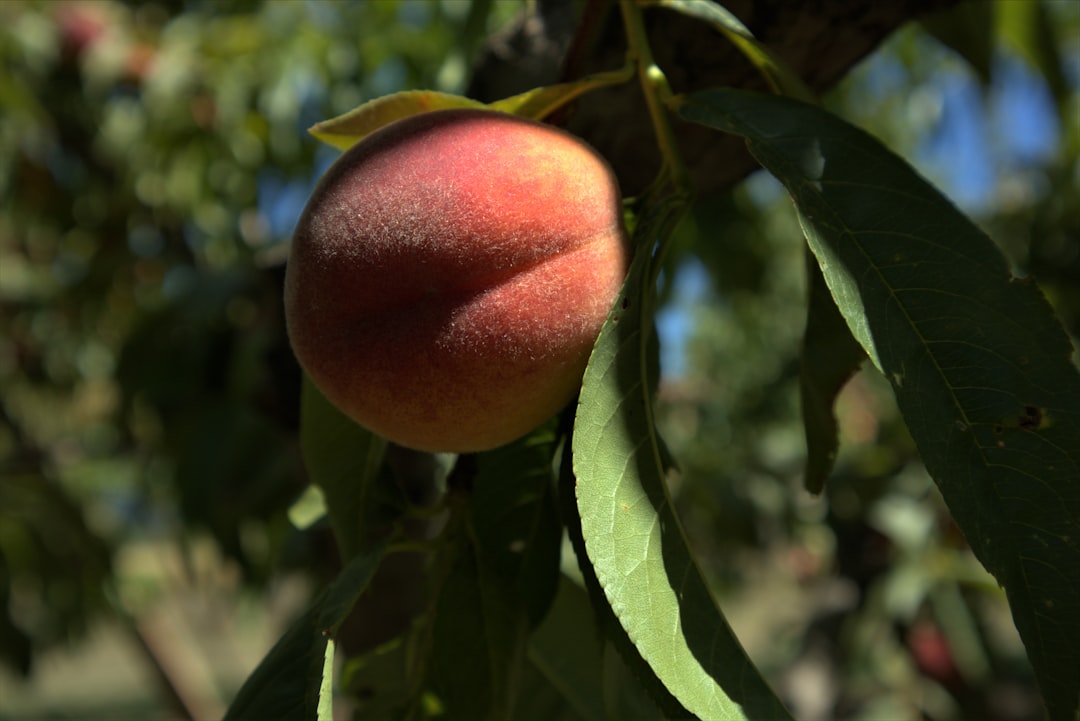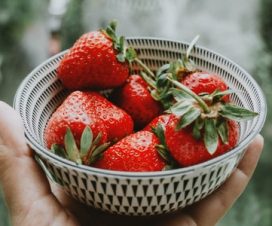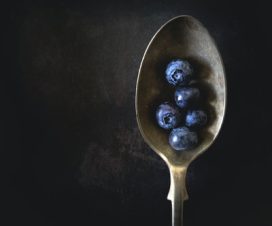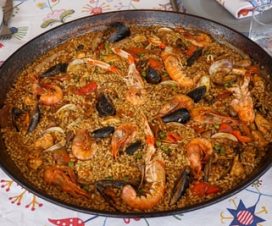Eating organic is currently the hottest trend that hit food during the last few years. With people growing largely concerned with health issues arising from genetically altered food, people are resorting to a more natural approach to get their food. Couple that with rising ethical issues regarding the treatment and future viability of both plants and animals, and the call for an organic approach doesn’t only have the support of dieticians, but also of environmentalists. But a big question begs to be answered. In this article, we’ll try to look closely at why organic food is a hot trend and if it deserves to get all this hype.
There are so many ways to answer that question, to be honest. But arguably, you cannot see the reasons why organic food is a great option moving forward if you don’t know what being organic actually means. That’s where you’ll have to define what organic food is. To make it short, organic food is defined as food, regardless if the source is plant or animal, which is prepared using purely natural methods. As a rule, the methodologies of cultivating these food sources should closely approximate that found on their natural habitat, or at least make a close resemblance to it.

There are so many reasons why organic food was created. And the satisfaction of each of those reasons is the central root for both its notoriety and long-term viability. First, let’s take a look at the notoriety part. When taking a look at the labels of organic foods, the first thing that jumps into you is them mentioning that there’s no toxic substances contained in these products. That is actually true. For plants, that means food is devoid of traces of fertilizers and pesticides. As for animals, that means food is devoid of hormones and artificially modified feeds. It’s already widely documented how these man-made substances ultimately reduce the quality of food that goes to everyone’s table. So eliminating these substances can simply be considered as a very welcome improvement.
As for why organic food presents long-term viability, it would be best to take a look at farming at a biological perspective. In a way, it can be said that a farm is a form of an ecosystem. And when harmful materials are placed in an ecosystem, then that should compromise the health of the organisms living there, right? Actually, it does more than that. Fertilizers and pesticides not only have the potential of poisoning both plants and animals, but when these harmful substances enter the soil, they also contaminate the soil and water, ruining the ecosystem. Also, some of these man-made formulas can significantly alter an organism’s nutrition and affect its growth and development. Ultimately, this can have negative effects on both plants and animals that are used to farm for a living.
One of the most interesting pieces of information that will definitely interest you is that some of these man-made formulas can actually help crops and animals develop more quickly. This is done by providing extra nutrition to the body of an animal or plant so that it can grow faster. Although this is primarily done to increase crop yields, an extra nutritional advantage is certainly something that is of great interest to scientists. It’s likely that there are methods of altering these formulas in order to achieve such results.
Crop yields are important, but that is not the only reason why organic food is becoming the biggest trend in food production. Organic food is grown with a conscious effort to utilize the most environmental, humane, economic systems available to date. And although organic food is expensive to purchase, it is far less expensive than conventional methods of farming. affordably.




